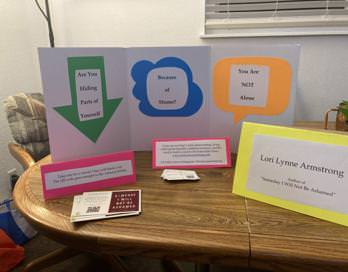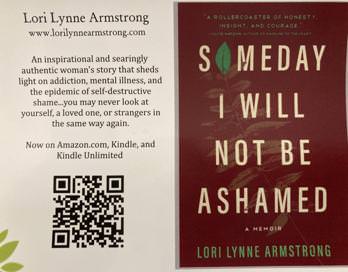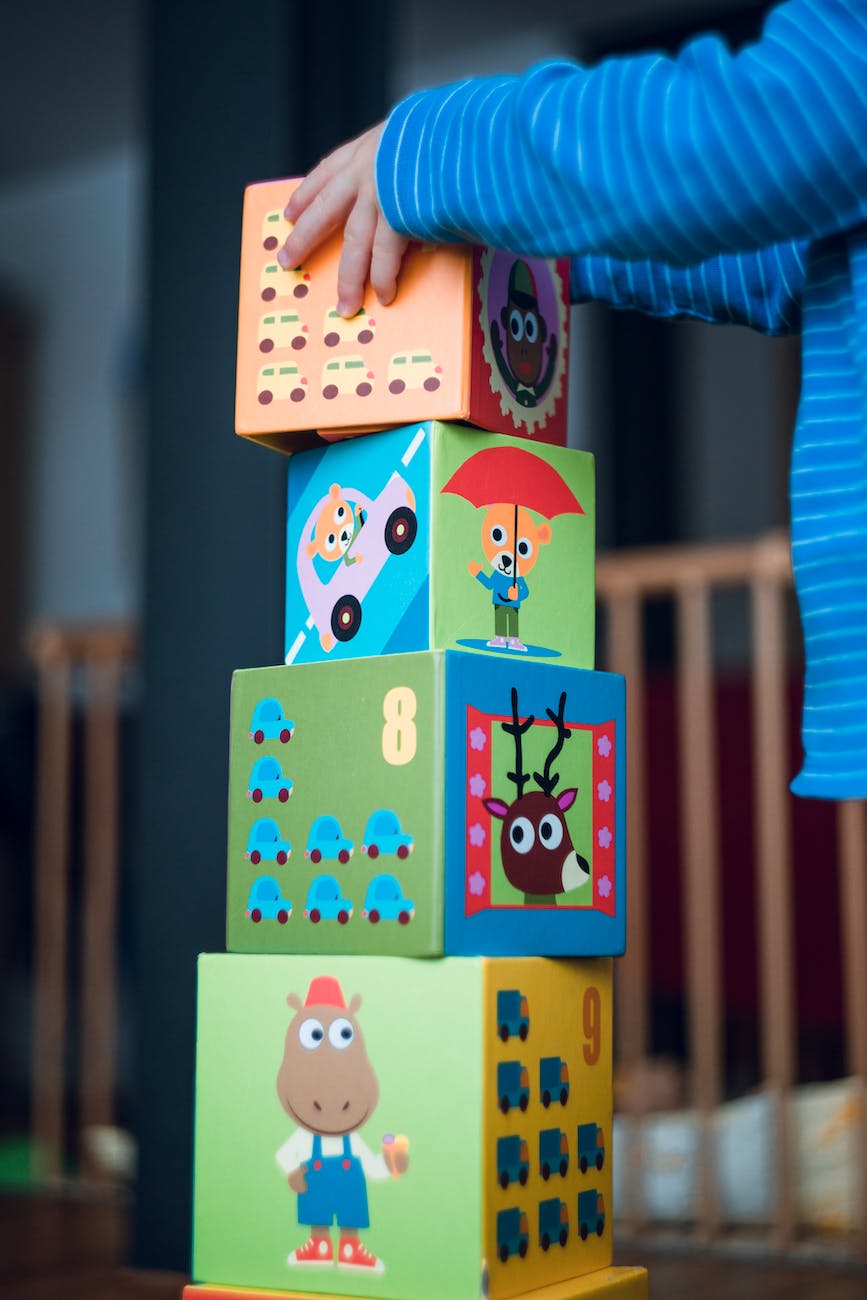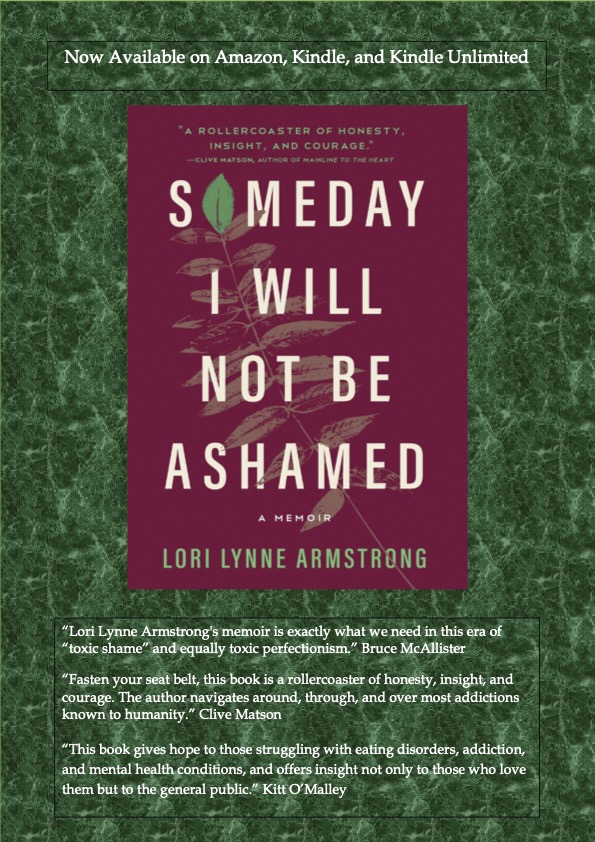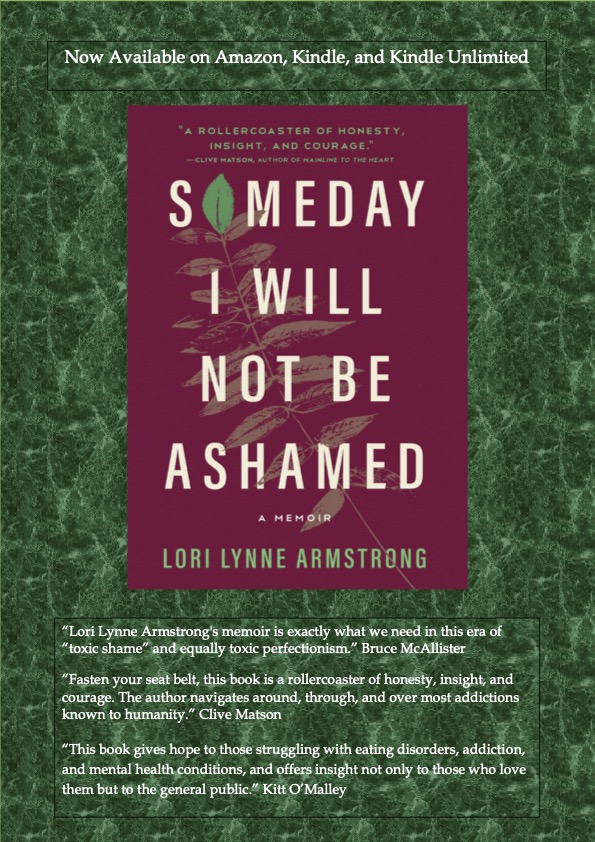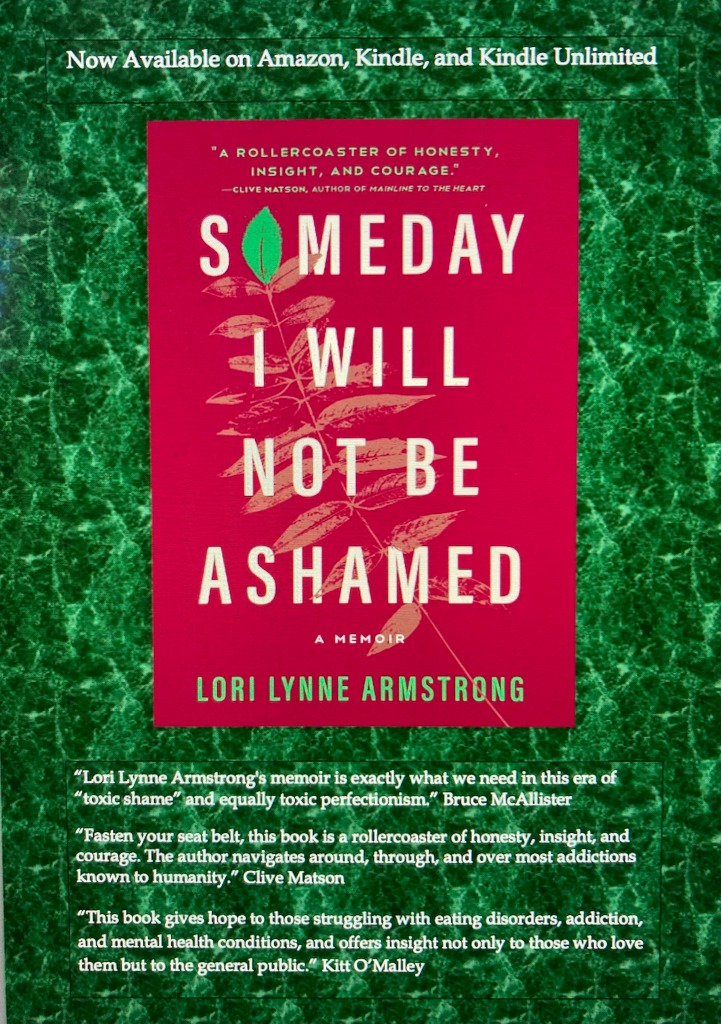I’m Lori Lynne Armstrong, writer, poet, scientist, former counselor, recovering drug addict, mother, person with bipolar disorder, science fiction geek, and a bunch of other things. The order in which all of these manifest varies wildly. I’ve written two books so far and plan many more. I almost wrote no books, because I almost died back before getting clean in 2011. Today I manage my conditions as responsibly as I can and write in ways that try to reach out to others and reduce stigma and shame.
Scroll down through the blog to see snippets of my life as I navigate the maze of writing and living in a complicated mental and emotional landscape. I like to share my process to make others feel less alone.
And click on the links below to access my books on Amazon and Kindle! They’re very good. I hope something in them makes you feel more seen or see others in a new light. I think it will.
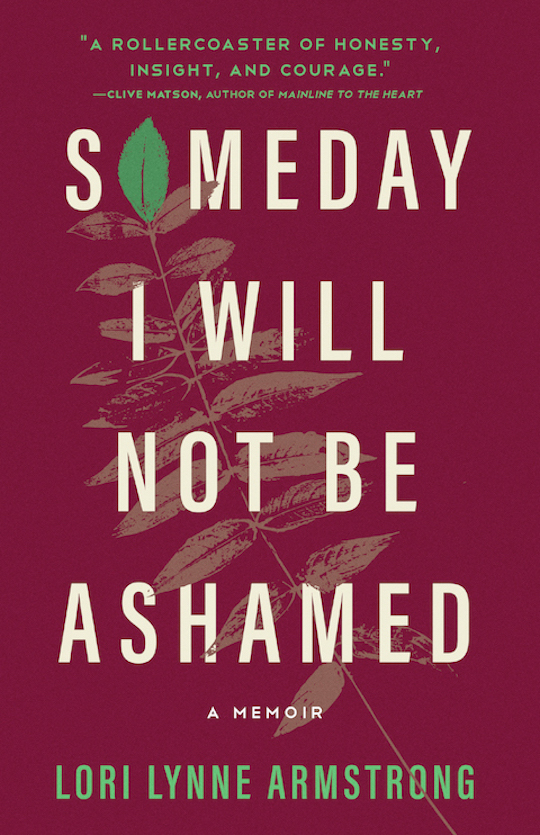
Someday I Will Not Be Ashamed: A Memoir
My story of a self-destructive quest for perfection that led me from aspiring scientist to opioid addict, from the halls of M.I.T. to the corridors of the psych ward, from therapist-in-training to a therapist’s problem patient, and, at last, beyond shame to an unlikely self-acceptance.
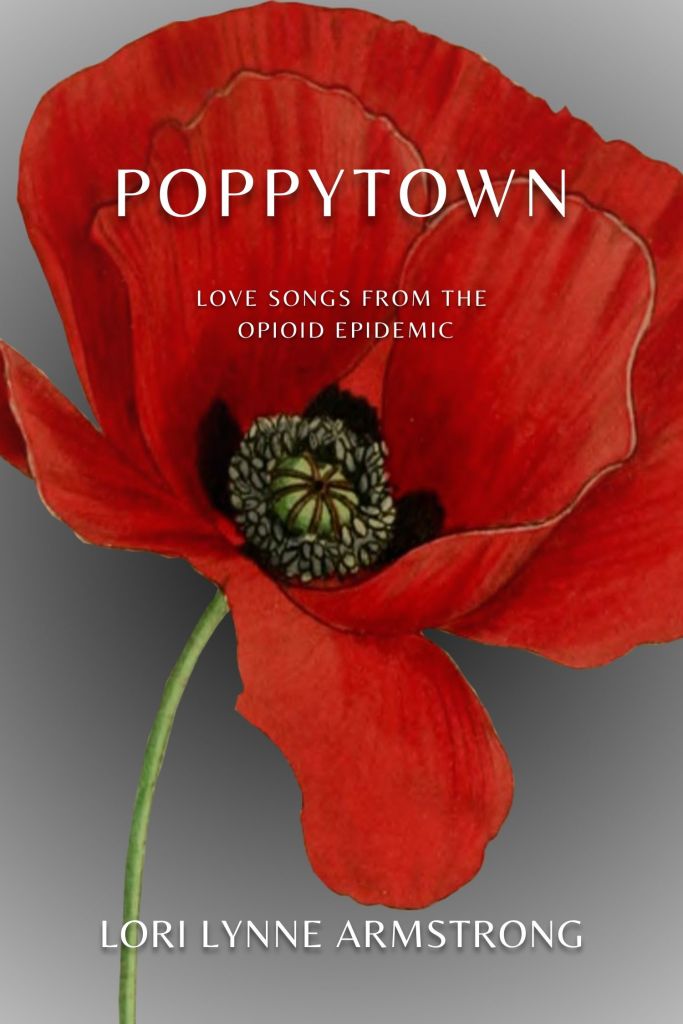
Poppytown: Love Songs from the Opioid Epidemic
This unique poetry storybook dives into the impact of addiction on all of us. It includes voices from addicts in all stages of illness and recovery, but also the voices of parents, children, partners, and professionals who try to help.




